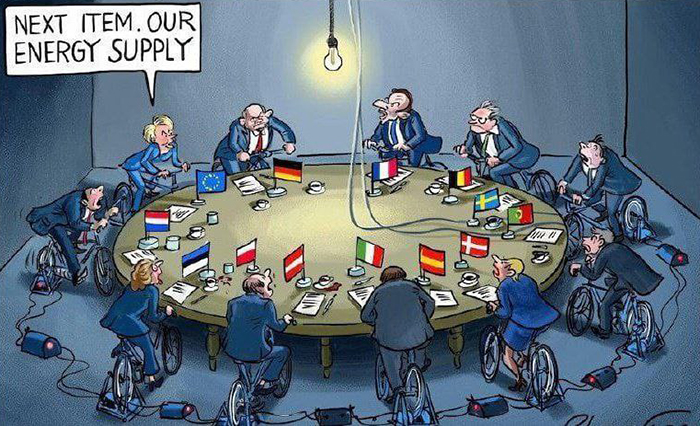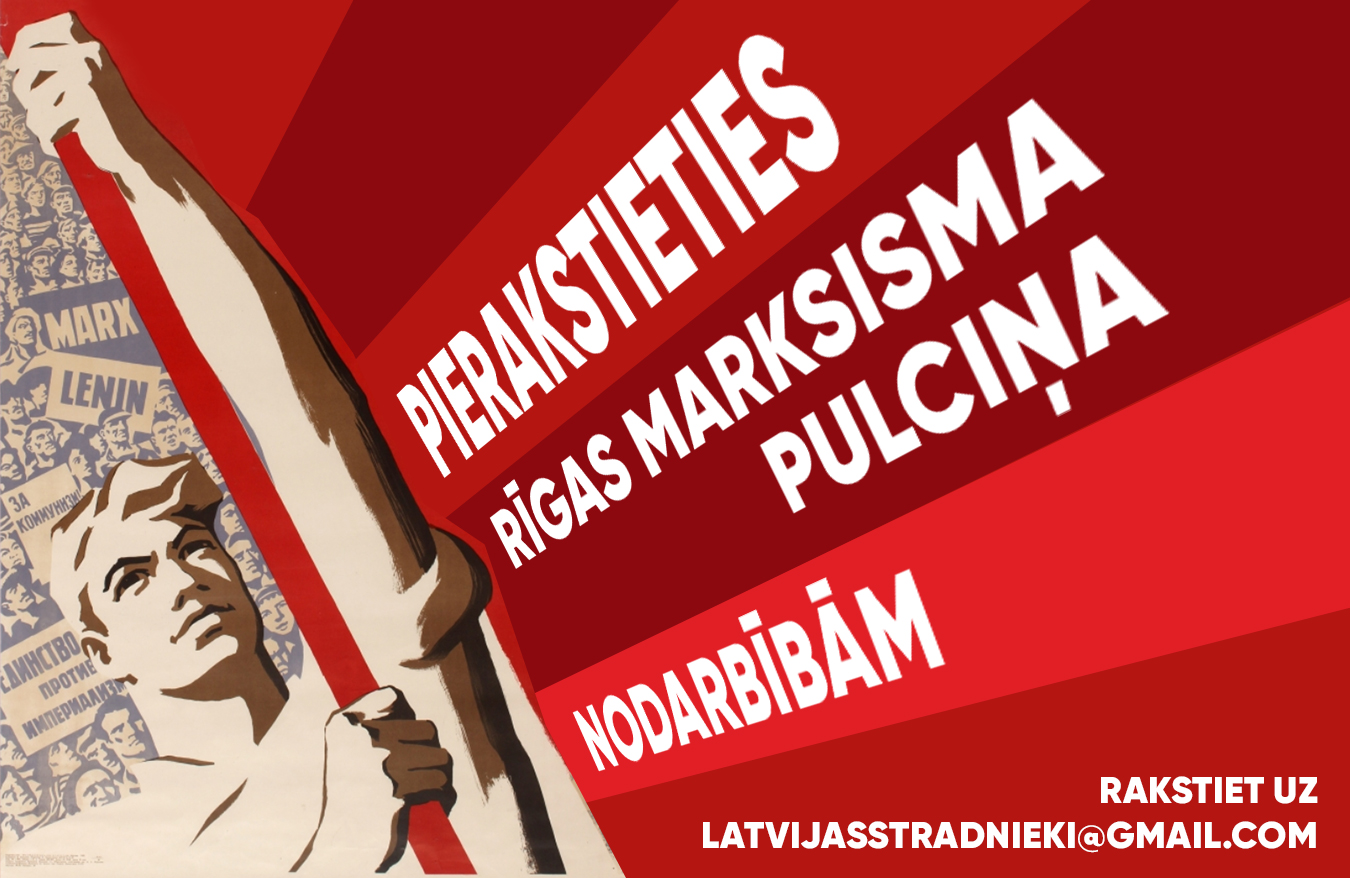Against the background of hostilities in Ukraine, caused primarily by the aggravation of contradictions between the capital of Russia and the capital of the United States and Western Europe, the opposing sides are amicably imposing economic sanctions on each other. In social networks there are battles of those on whom these decisions do not depend on the word “at all”: some threaten to leave the whole of Europe without gas, others to disconnect Russia from the fashionable and modern achievements of scientific thought. Let us consider the economic, material side of the issue.

As you already know, the state is an apparatus of violence and coercion in the hands of the ruling class. Not the entire population, but one single class. Governments and presidents are merely hired managers, voicing and implementing policies in favor of the ruling class, which in this confrontation is the bourgeoisie. Accordingly, the decisions to impose these or those sanctions are made by big capital and are meant to benefit this very class of people, who live at the expense of other people’s unpaid labor. But as we know, the development of capitalism is uneven. There are imperialist predators who, through their economic and other (e.g., military) actions, have subjugated most countries and siphon profits from them to the metropolis. Some countries that are not as economically powerful also stand to profit at the expense of the weaker. Capitalism is all about competition and profit at all costs. The strong are feared and served, while the weak are robbed and may even be destroyed.
The ruling class in Latvia, the bourgeoisie, due to its economic weakness, is forced to make decisions dictated by its stronger “partners” from the United States and Western Europe. Of course, in our case, sanctions only serve as a political statement, because due to objective reasons, the Latvian government is not able to cause any damage to the Russian economy. And at the same time, the retaliatory actions hit it right back. And, as you have already felt, they hit workers first of all. The capitalists could raise prices in order to minimize losses. They can tell the politicians to tell the people to be patient and get ready for hard times. But solidarity cannot fuel the car, and patriotism cannot be put on bread. When the financial situation worsens, it’s hard to believe in idealistic slogans. 200 workers at the pharmaceutical company Olainfarm will be laid off under “optimization”. Although, according to the chairman of the board, the annual profit is “ just over” 10 million euros. But that’s not enough, the socially responsible business does not need extra mouths, and everyone who in their opinion is not profitable to produce profits will be laid off. Surprised? – we are not, because this is capitalism.
What should workers do in this situation?
Same thing as always – fighting for one’s objective interests. Sanctions or not, one should never forget that the bourgeoisie is neither friend nor comrade. If, at a given moment in history, your interests coincide, this does not mean that we should forget the major, class contradictions. We shouldn’t go along with nationalists and outright chauvinists who have one answer for everything: blame Russians, Latvians, or anyone else. We understand that it is difficult to keep a clear head in the face of all the rabid propaganda that is pouring out of every television tube. Nevertheless, we urge you to consider the processes from a materialistic point of view, which is true, in contrast to all kinds of idealistic nonsense.

